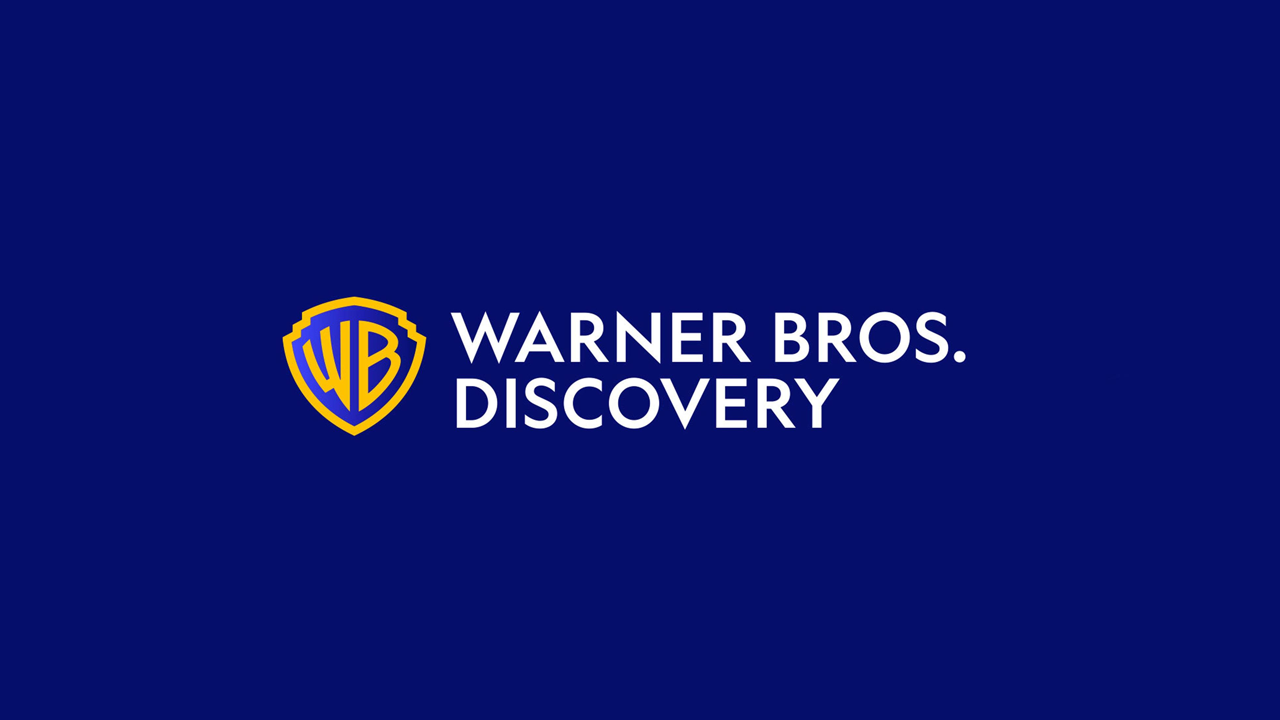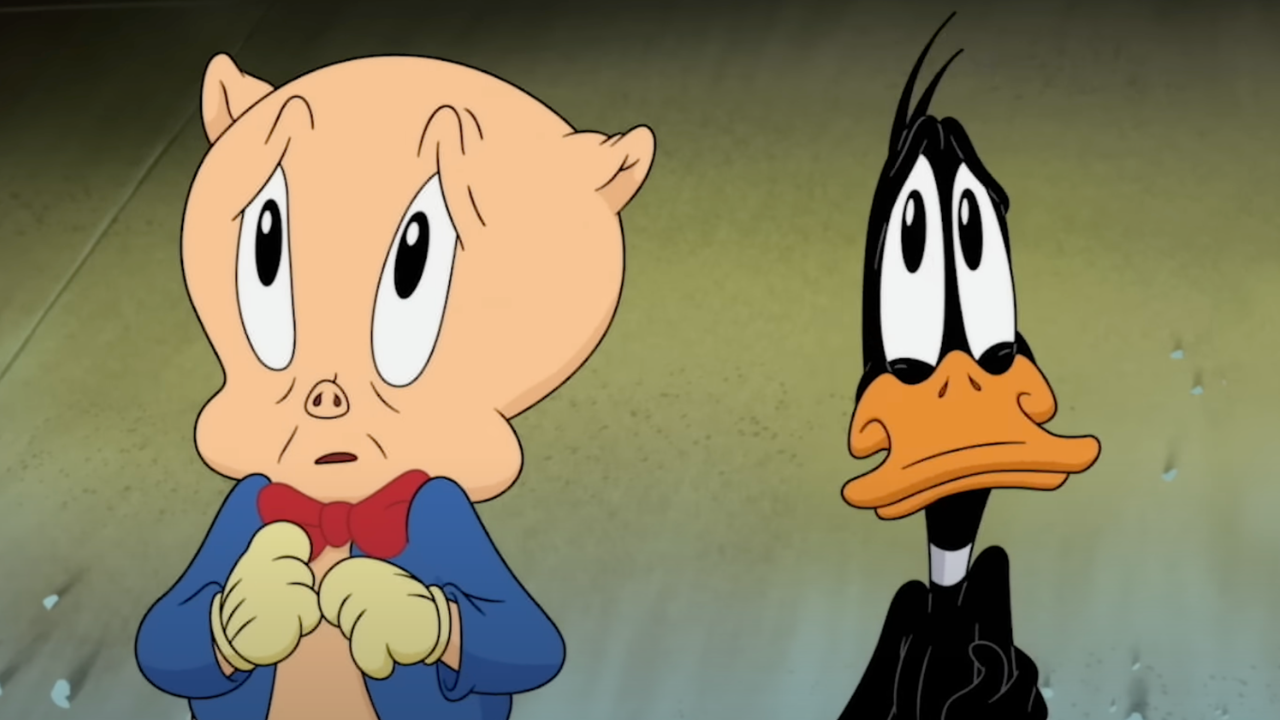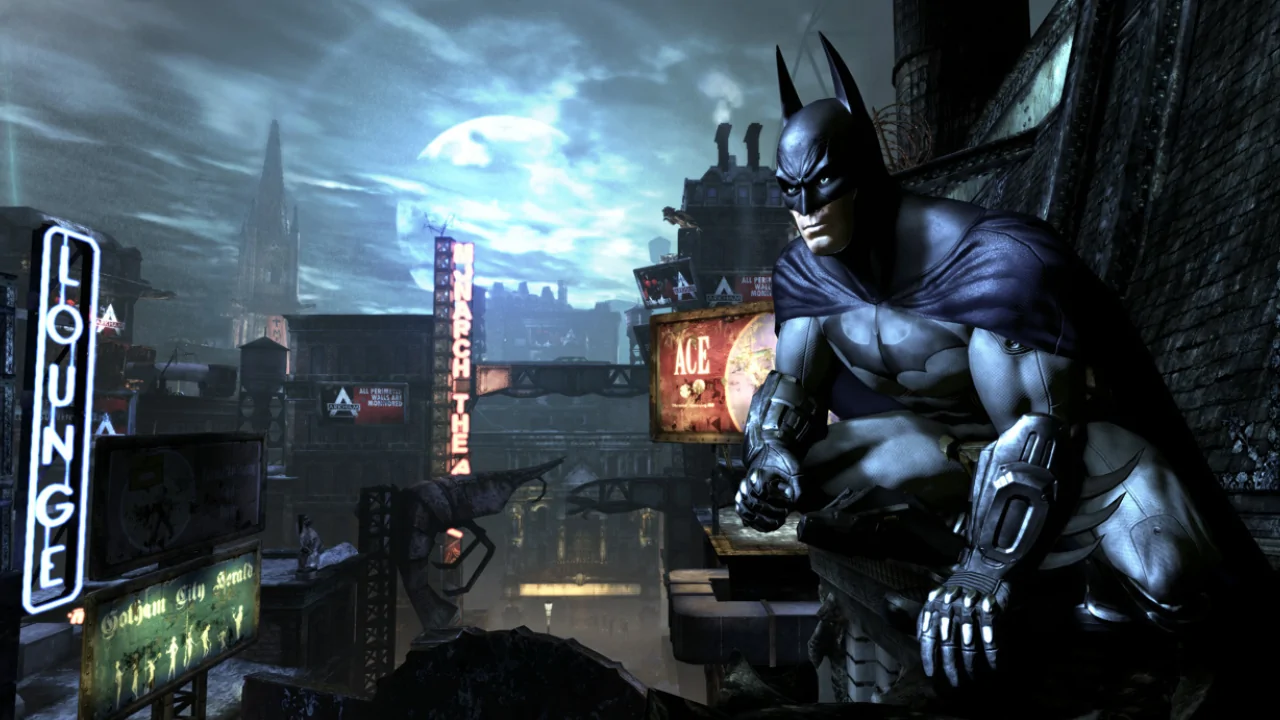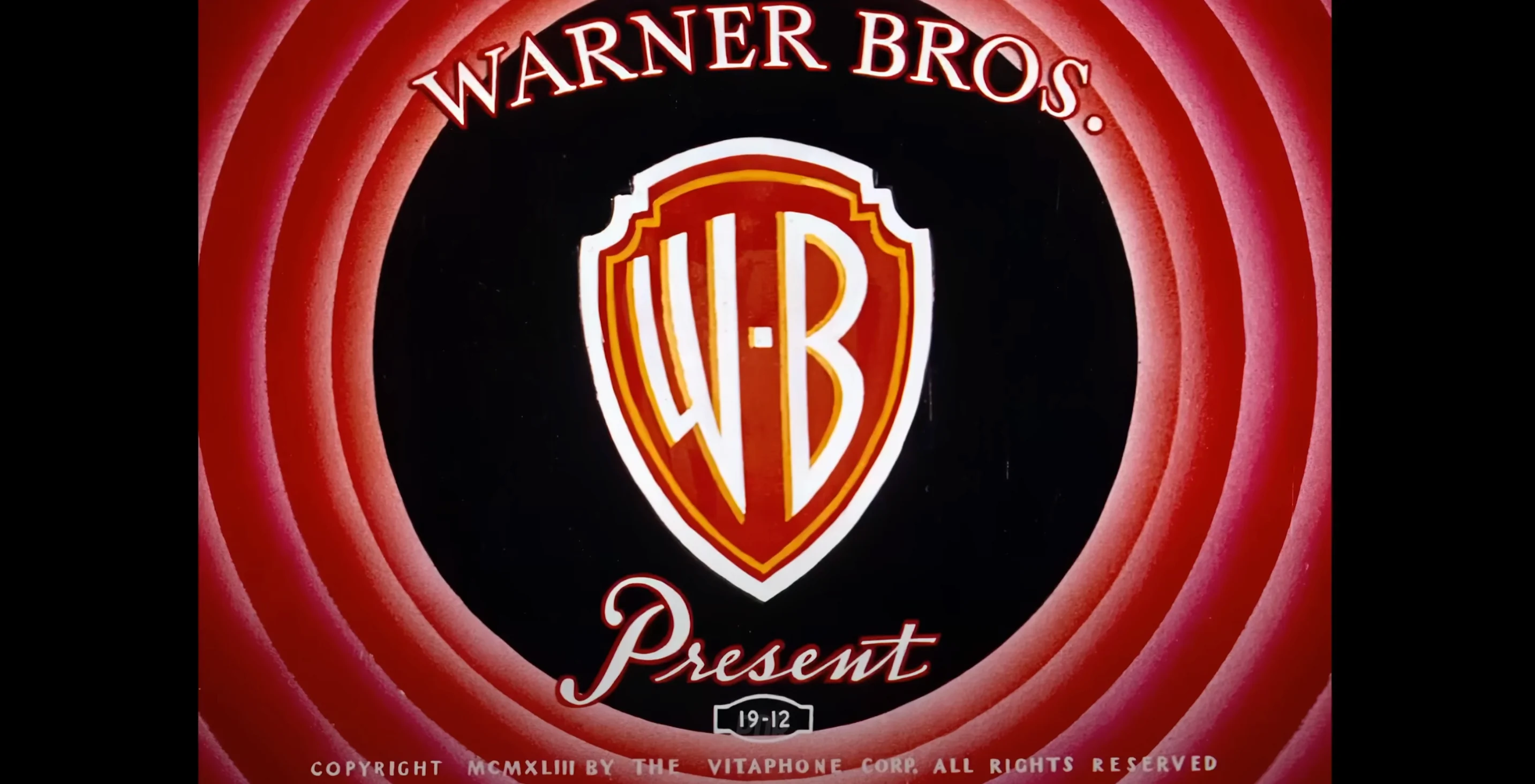
The legal battle involving Midjourney AI has significantly expanded, with Warner Bros. Discovery now joining Disney and NBCUniversal in this high-stakes courtroom drama. They have officially accused the AI art generator of widespread copyright violations, alleging that it threatens the core intellectual property of Hollywood’s most prized productions.
On September 4th, a lawsuit was filed in a federal court in Los Angeles by Warner Bros. Discovery. The complaint alleges that Midjourney has illegally trained their AI using copyrighted content and permitted users to create unauthorized images of iconic characters such as Superman, Batman, Wonder Woman, Bugs Bunny, Scooby-Doo, and the Powerpuff Girls. As stated in the lawsuit, Midjourney intentionally removed protections, profited from copyright infringement, and transformed their platform into a digital factory producing counterfeits.

This most recent move is a response to the lawsuit filed by Disney and NBCUniversal against Midjourney in June, alleging the AI company misused characters such as Elsa, Ariel, Minions, and even The Simpsons. In their complaint, they labeled Midjourney as a “classic copyright freeloader” and warned that unchecked AI-generated content could lead to an endless pit of plagiarism. Now, Warner Bros. has joined the fight, making it three major Hollywood studios standing together against this issue.
Warner Raises the Stakes
Disney and Universal posed a significant challenge to Midjourney previously, but Warner Bros. introduces an impressive roster of cultural heavyweights to the mix. The studio’s DC Comics superheroes and its extensive collection of Looney Tunes, Hanna-Barbera, and Cartoon Network characters expand this competition field even more broadly.

The lawsuit extends beyond common allegations; it features detailed comparisons side by side, demonstrating that Midjourney’s outputs closely resemble copyrighted works. Warner is seeking damages of up to $150,000 per infringement, as well as a court order to stop the company’s practices entirely.
Midjourney’s Defense
In my perspective as a movie reviewer, Midjourney hasn’t explicitly addressed Warner’s filing yet, but in their past legal battles with Disney and NBCUniversal, they’ve leaned heavily on the fair use argument. The company contends that instead of copying, their AI learns from an astronomical number of images to grasp visual concepts. Interestingly, they shift the blame for any misuse onto the users themselves.

It’s yet unclear if that argument can withstand a unified front by Disney, Universal, and Warner Bros. Discovery. These three heavyweights of the film industry are coming together to establish a clear boundary legally.
What’s at Stake
The legal case involving Midjourney has the possibility to significantly alter how the entertainment sector interacts with artificial intelligence. Should courts rule in favor of the studios, firms such as Midjourney might be compelled to obtain licenses for their content libraries, implement stringent safety measures, or fundamentally reconsider their training processes. However, if Midjourney wins this case, AI-generated content could become rampant, potentially challenging the very concept of intellectual property rights.

In simpler terms, Hollywood has faced challenges such as piracy and changes in streaming platforms before, but this battle is unique. Instead of focusing on the method of distributing content, it’s about determining who owns and shapes the personas that have significantly influenced popular culture for almost a century.
The Bigger Picture
As a movie connoisseur, I can’t help but feel a shiver down my spine when I envision iconic characters like Superman, Bugs Bunny, or Darth Vader being conjured up at the mere click of a keyboard key. The potential for studios’ established business models to crumble beneath the weight of unauthorized reproductions is palpable. By aligning with the Midjourney lawsuit, Warner Bros. Discovery is sending a powerful message to the industry: We will not stand idly by as our cherished creations are manipulated without proper consent.

For companies like Disney, Universal, and Warner Brothers, it’s not merely a matter of preserving financial gains; rather, they are deeply concerned with safeguarding the core identity of their narratives. They strive to ensure that the artificial intelligence evolution does not inadvertently obliterate ownership rights in the process.
Read More
- Clash Royale Best Boss Bandit Champion decks
- Vampire’s Fall 2 redeem codes and how to use them (June 2025)
- Mobile Legends January 2026 Leaks: Upcoming new skins, heroes, events and more
- World Eternal Online promo codes and how to use them (September 2025)
- How to find the Roaming Oak Tree in Heartopia
- Clash Royale Season 79 “Fire and Ice” January 2026 Update and Balance Changes
- Best Arena 9 Decks in Clast Royale
- Clash Royale Furnace Evolution best decks guide
- Best Hero Card Decks in Clash Royale
- FC Mobile 26: EA opens voting for its official Team of the Year (TOTY)
2025-09-05 23:56